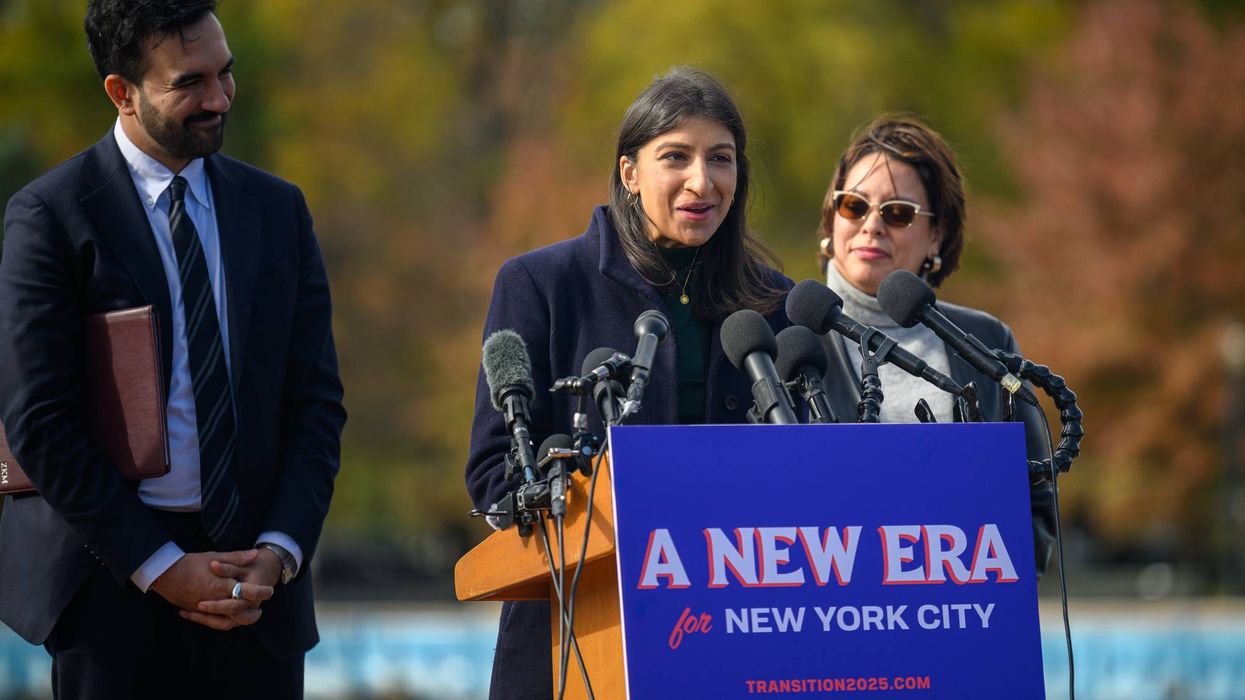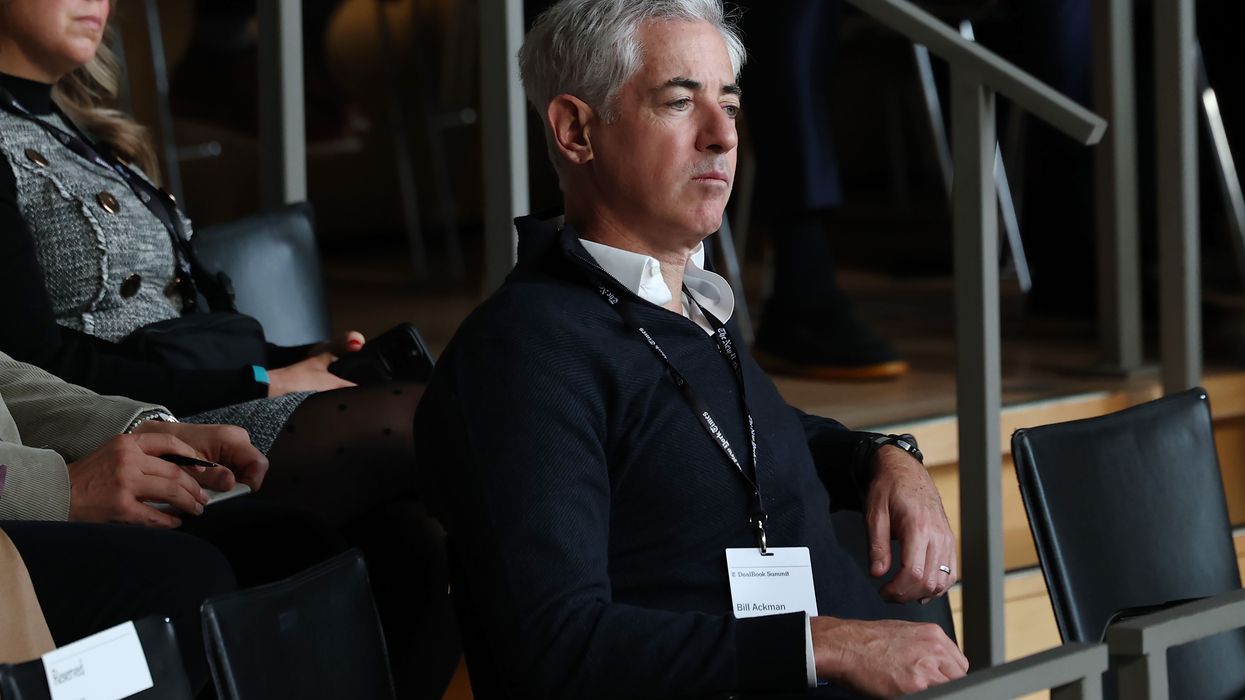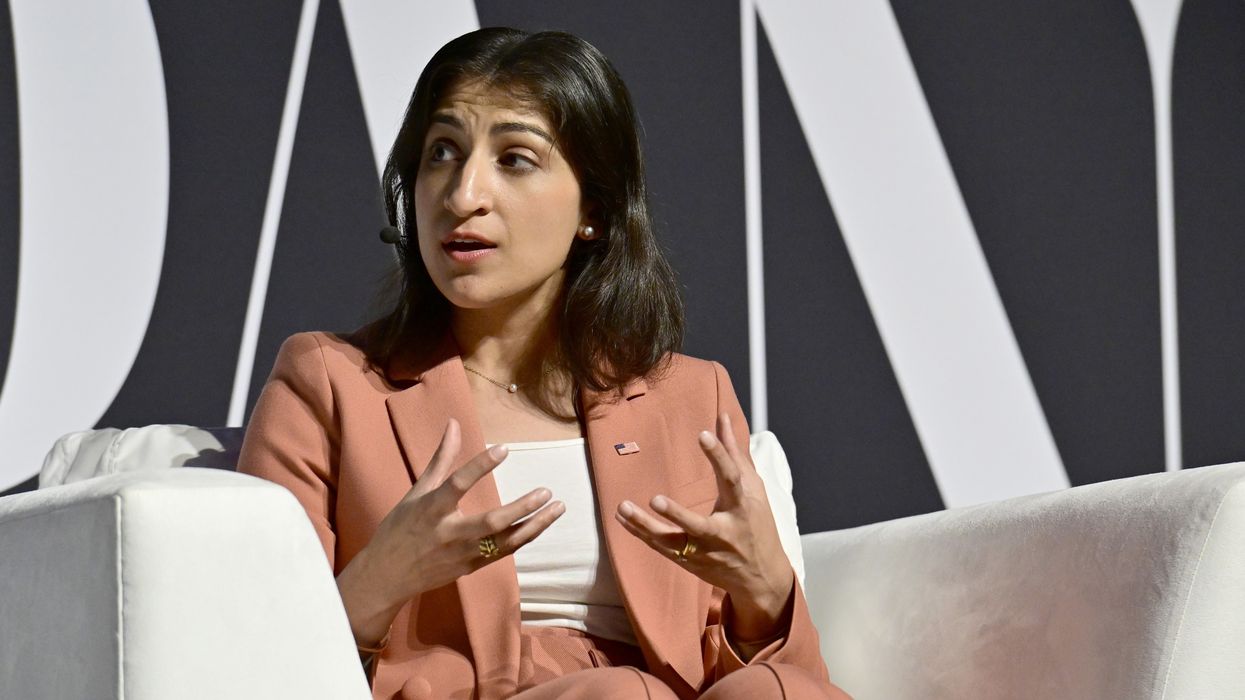Meanwhile, the billionaire suggested that the democratic socialist Mamdani's "affordability" centered agenda, which includes increasing taxes on corporations and the city's wealthiest residents to fund universal childcare, free buses, and a rent freeze for stabilized units, would make the city "much more dangerous and economically unviable," in part by causing an exodus of billionaires like himself.
In turn, Mamdani often invoked Ackman's name on the campaign trail, using him as the poster boy for the cossetted New York elite that was almost uniformly arrayed against his candidacy. In one exchange, Mamdani joked that Ackman was "spending more money against me than I would even tax him."
After Mamdani's convincing victory Tuesday night, fueled in large part by his dominant performance among the city's working-class voters, Ackman surprisingly did not respond with "the longest tweet in the history of tweets" to lament the result as some predicted. Instead, he came to the mayor-elect hat in hand.
"Congrats on the win," he told Mamdani on X. "Now you have a big responsibility. If I can help NYC, just let me know what I can do."
Many were quick to point out Ackman's near-immediate 180-degree turn from prophecizing doom to offering his help to the incoming mayor.
"This guy went from acting like Mamdani was going to import ISIS to extending a friendly handshake… in like six hours," noted one social media user.
But Mamdani graciously accepted the billionaire's congratulations when asked about them on Wednesday's "Good Morning America."
"I appreciated his words,” Mamdani said. "I think what I find is that there is a needed commitment from leaders of the city to speak and work with anyone who is committed to lowering the cost of living in the city—and that’s something that I will fulfill."
As Bloomberg and Forbes noted, Ackman was just one of many on Wall Street and from the broader finance world who came to kiss the ring.
Ralph Schlosstein, a co-founder of the investment fund BlackRock, Inc., pledged to work with Mamdani despite their different politics: "I do care deeply about the city, and I’m not going anywhere, whoever the mayor is. I’m going to do whatever I can to help him be successful," he said.
Another former BlackRock executive, Mark Kronfeld, said: "Is it a dystopian, post-apocalyptic environment because Mamdani has won? No."
Crypto billionaire Mike Novogratz even credited Mamdani with "tapping into a message that’s real: that we’ve got a tale of two cities in the Dickensian sense," and asked if the incoming mayor could "address the affordability issue in creative ways without driving business out."
But while Mamdani has left the door open to business, he has made it clear that he will not allow them to commandeer his work at City Hall.
After his victory, he called on his base of largely small-dollar donors to resume their financial support for him in order to fund "a transition that can meet the moment of preparing for January 1.”
He announced that this historic all-female transition team will include at least one renowned titan of economic populism, the trust-busting former Federal Trade Commission Chair Lina Khan, as well as other progressive city administrators with backgrounds in expanding the social safety net and public housing.
"I’m excited for the fact that it will be funded by the very people who brought us to this point," Mamdani said, "the working people who have been lost behind by the politics of the city."




